
Histology Of Digestive Organs Lab
Mucus ( / ˈmjuːkəs / MEW-kəs) is a slippery aqueous secretion produced by, and covering, mucous membranes. It is typically produced from cells found in mucous glands, although it may also originate from mixed glands, which contain both serous and mucous cells.
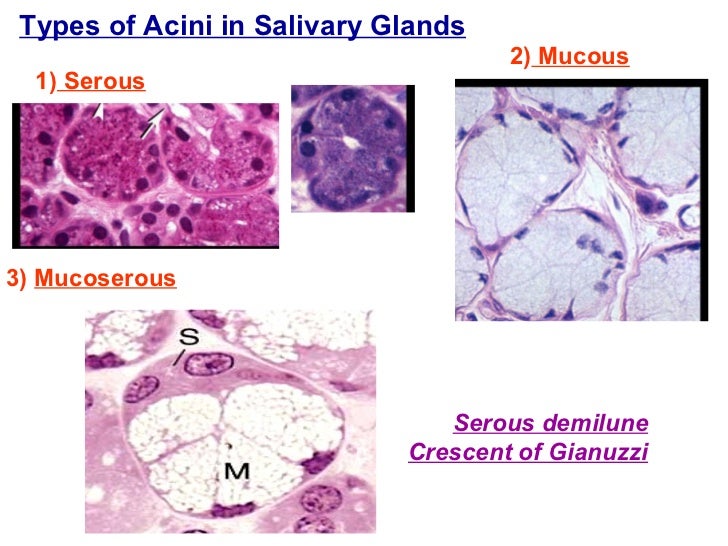
Salivary glands &pancreas
January 13, 2021 What the Color of Your Snot Really Means Here's when to worry about your nasal mucus changing hues Nasal mucus, otherwise known as snot. We all have it — and we all have a lot of it. Experts have found that you produce and swallow about 500 or 600 ccs of nasal mucus every single day. Advertisement

Histology of oral mucous membrane and gingiva
May 19, 2022 Phlegm and Mucus: How To Get Rid of It They serve a purpose, but too much is uncomfortable Excessive mucus and phlegm may not be much of a conversation starter (unless you're 14 and trying to spit the farthest). But if you have too much mucus, it can drive you crazy in search of solutions. Advertisement

What does the color of phlegm mean? Ohio State Medical Center Phlegm color, Mucus color, Mucus
Mucus vs. Mucous The single difference between "mucus" and "mucous" is not in their meanings, but in their functions. They work as different parts of speech in a sentence. "Mucus" is a noun, referring to the actual concept that we understand through "mucus", while "mucous" is the adjective used to describe the same thing.

Mucus, mucins, and cystic fibrosis Morrison 2019 Pediatric Pulmonology Wiley Online Library
Phlegm, sometimes called sputum, is a type of mucus that your respiratory tract produces as part of the body's natural defense against bacteria, viruses, and allergens. The color of your phlegm can indicate an underlying condition. Typically, phlegm is clear and thin.
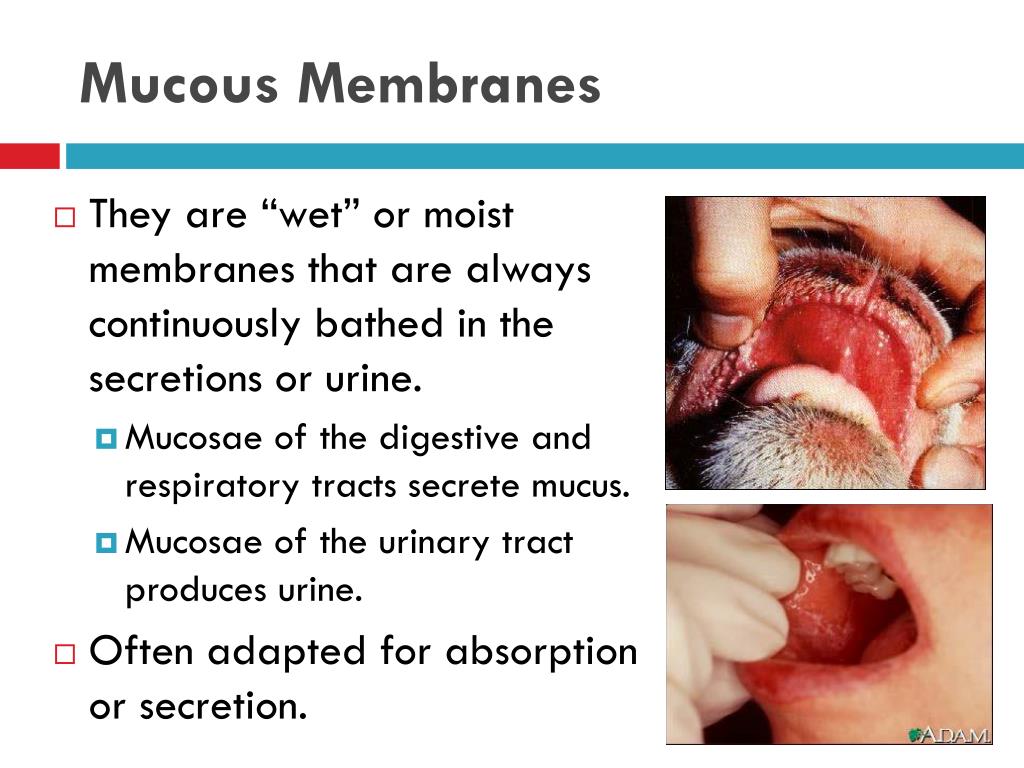
PPT Skin and Body Membranes Part 1 PowerPoint Presentation, free download ID5527304
Mucous vs. mucus | Grammarist | Spelling Mucus is a noun referring to the viscous, slippery substance secreted as a protective lubricant coating cells and glands of the mucous membranes. Mucous is an adjective meaning (1) containing, producing, or secreting mucus ; or (2) relating to, consisting of, or resembling mucus.

All About That Mucus How it keeps us healthy Science in the News
When it's excess mucus that's coughed up — it's referred to as phlegm. What's the difference between mucus and mucous? The answer is not medical: Mucus is a noun, and mucous is an adjective.
Serous versus mucous gland r/Histology
1 : of, relating to, or resembling mucus 2 : secreting or containing mucus 3 : covered with or as if with mucus : slimy mucous 2 of 2 nonstandard spelling of mucus nasal mucous Examples of mucous in a Sentence Recent Examples on the Web Adjective

Mucus vs. Mucous What’s the Difference? Writing Explained Multiple meaning words, Mucus
Mucous vs. Mucus. Published March 25, 2021. Updated August 6, 2021. Mucous and mucus are easy to confuse. They differ by only one letter and have the same pronunciation. While they both refer to a slimy, slippery substance, mucous is an adjective, whereas mucus is a noun.
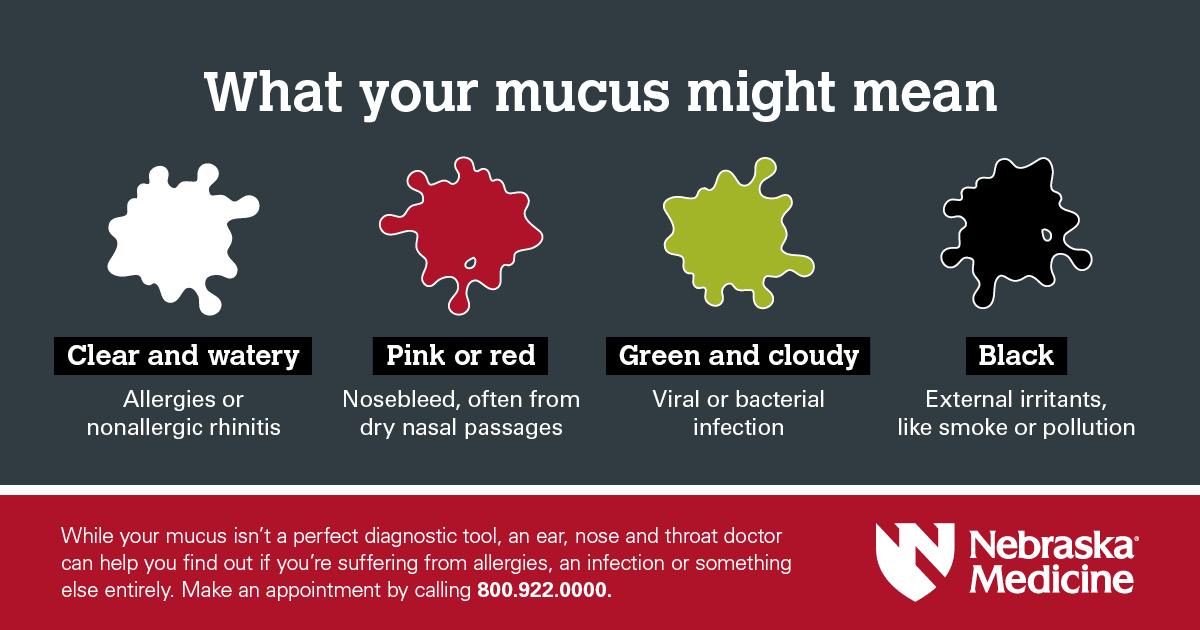
Is it allergies, COVID19 or something else? What your mucus might mean Nebraska Medicine
The difference between "mucus" and "mucous" is how they are used grammatically. "Mucus" is a noun. "Mucus" is a slimy substance secreted by the mucous membranes and glands. In the human respiratory system, mucus aids in the protection of the lungs. "Mucous" is an adjective. "Mucous" means producing or secreting mucus.
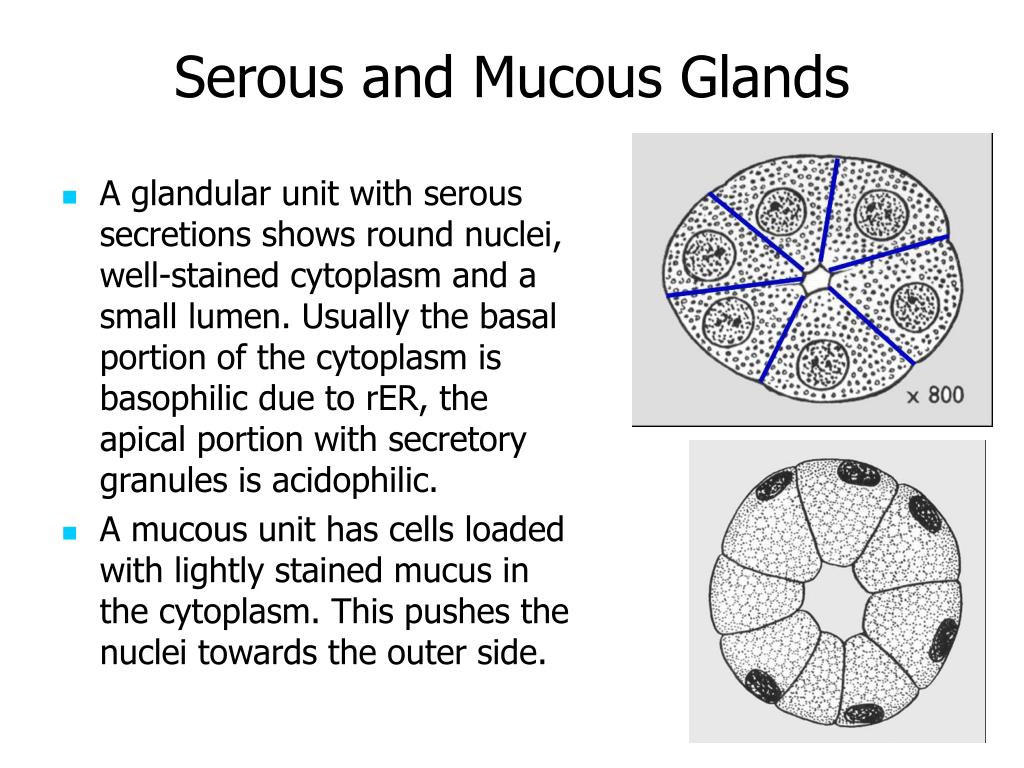
PPT Introduction to Histology Tissues of the Body Epithelial Tissue and Glands PowerPoint
Mucus is a clear, stringy fluid produced by mucous glands in tissues lining the nose, mouth and throat. Phlegm is a form of mucus produced by the lungs and lower respiratory tract. Phlegm indicates the presence of inflammation and irritation in the lungs and airways.

PPT Mouth Care Session For HCSWs in Practice PowerPoint Presentation ID2139774
A: Essentially, yes. Phlegm is the term used to describe mucus that is produced by the respiratory system. When you're suffering from an infection (such as a chest cold), the phlegm contains both the virus/bacteria causing the infection as well as your body's white blood cells that are battling the infection.
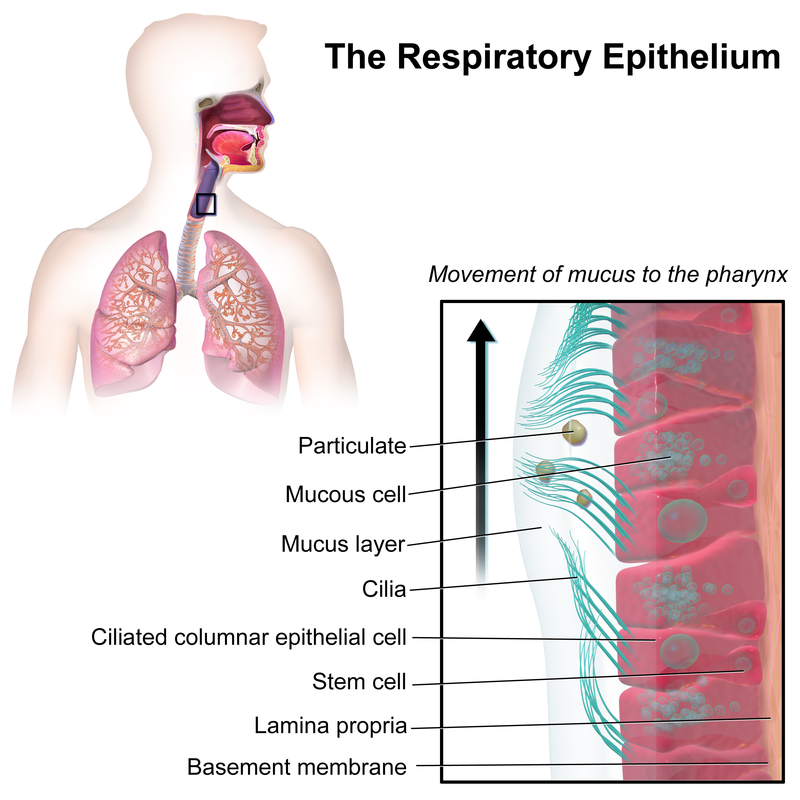
Difference Between Mucus and Phlegm Definition, Composition, Role and Differences
Trick to Remember the Difference Not sure you can keep track of mucous vs. mucus? Here is a helpful trick that can help you remember the difference. Mucus is only ever a noun. Mucous is only an adjective. Mucus is secreted by mucous membranes.
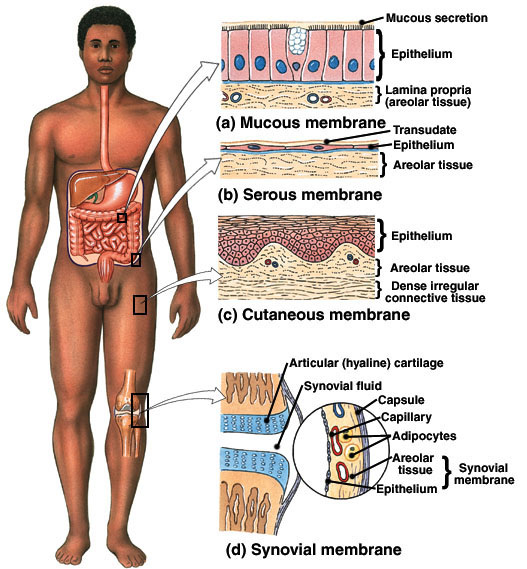
List the general function of each membrane type cutanious, mucous, serous, and synoval and
By Kelly Burch Updated on August 29, 2023 Medically reviewed by Elizabeth Molina Ortiz, MD Mucus is a slippery fluid that is produced by your body naturally. It is produced by glands in organs, including the mouth, nose, throat, stomach, intestines, and cervix.

What Is Mucus? UPMC HealthBeat Mucus color, Mucus, Mucus color chart
What Is the Difference Between Mucus and Mucous? Mucus is the noun whereas mucous is the adjective describing things pertaining to mucus. Many people will misspell mucus by spelling mucous when they are using it as a noun.
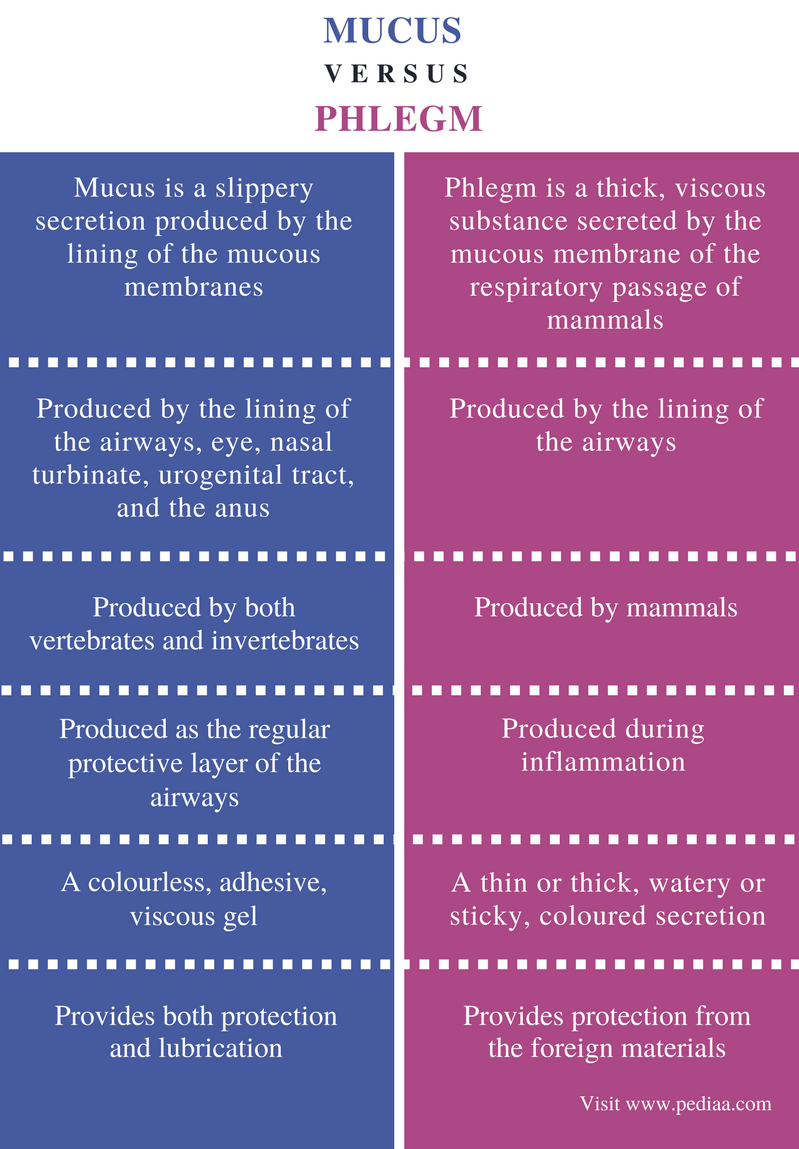
Difference Between Mucus and Phlegm Definition, Composition, Role and Differences
Learn the difference between mucus and mucous below. Simply put, mucus is a noun and mucous is an adjective. So, the actual fluid that comes out of your nose when you are congested is mucus and the linings in your body that secrete mucus are mucous membranes. Dictionary.com's definition of mucus is: 'the slimy protective secretion of the.